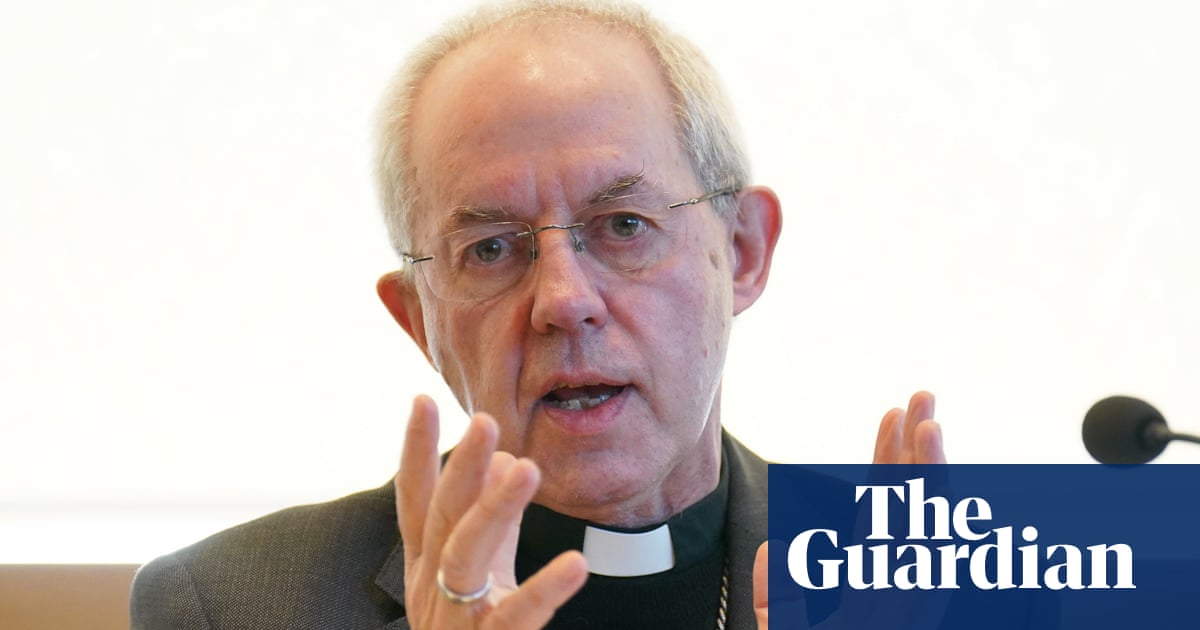
Tunisians have long expected and are in desperate need of structural reform, to deal not only with the socioeconomic fallout from the COVID-19 pandemic but also other long-standing issues such as corruption and unemployment. But nearly a decade after the fall of the Ben Ali regime, it is almost as if the country has grown comfortable with a bickering political elite more interested in securing power than in exercising it.
Elyes Fakhfakh’s resignation last week as prime minister might have staved off a political crisis (support for a no-confidence motion in the national assembly was already nearly twice the legal requirement), but it cannot be separated from a troubling stream of developments in a partisan political environment, in which nine governments have been hastily cobbled together and then collapsed since the 2011 uprising.
Granted, there are good arguments for Fakhfakh’s departure. At one point, corruption in public transactions was costing Tunisia more than $700,000 a year. Nevertheless, the prime minister casually admitted owning shares in a company that won a government contract after the election last year. Setting aside the debate on propriety and the whiff of corruption, it is sufficient cause to question his judgment, and ask why he did not divest before his appointment or disclose the conflict of interest before the contract was awarded.
Conduct such as this is a symptom of the underlying patronage systems built into the sociopolitical models of most Arab countries. It is also partly why Tunisia’s politics are crippled by gridlock, which in turn impairs any progress toward the reforms touted by politicians on the campaign trail.
Patronage systems build a network of entrenched interests, and normalize politicians soliciting support from individuals and entities who will expect to be rewarded when those politicians attain positions of power; the beneficiaries range from business people to trade unionists, who object to any reforms aimed at, for instance, increasing competition by removing barriers to market access, or cutting the public sector wage bill by trimming a bloated civil service. It is not an accident that the new anti-corruption authority is still not operational, while its predecessor remains underfunded and understaffed.
Tunisia’s elected politicians could have launched an inquiry into the Fakhfakh affair, but they preferred to demand his resignation.
Hafed Al-Ghwell
Tunisia’s elected politicians could have launched an inquiry into the Fakhfakh affair, but they preferred to demand his resignation. Clearly, even after nine years of political turmoil, their primary focus remains on scoring political victories instead of advancing a pandemic response to protect lives, secure livelihoods and set Tunisia back on the path toward stronger democratic institutions, economic growth, low unemployment and maximizing benefits of its unique geographical location between Africa, the Middle East and Europe. Tunisia has done well in confronting the virus, but there are concerns that a second wave is looming and the rush to economic reopening risks a new spike in infections, as seen in Europe, Asia and the US.
There are a number of opportunities Tunisia can take advantage of as part of a broader strategy to shore up its economic fundamentals and even begin tackling persistently high unemployment, particularly among the young. With the Nawara Gas Project now operational, Tunisia will be less reliant on energy imports and may cut the trade deficit by as much as 7 percent. The resulting savings could go toward boosting social safety nets ahead of major reforms targeting state-owned enterprises.
State entities are draining the government budget and stifling private sector growth, and are substantial barriers to investment. Public-private partnerships will certainly help begin the slow privatization process, which has benefits such as shifting job creation and growth to the private sector, trimming a bloated civil service wage bill and encouraging more foreign investment. Tunisia will also need to rationalize parts of its informal sector that is estimated to be at least 40 percent of the overall economy, and pits legitimate, tax-paying entities against unregulated competitors.
To accomplish all these objectives, Tunisia must first reckon with its growing acclimatization to constantly changing governments and political controversies. An absentee legislature coupled with a disillusioned voting public is a breeding ground for populist and extremist elements to spread and entrench their ideals, which could frustrate progress toward full democratization, greater economic resilience and long-term stability.
It can only be hoped that whoever President Kais Saied chooses to replace the departing prime minister will fare better at navigating the national assembly’s divisions and build on what little progress has been made so far. Tunisia has still managed to improve the business climate through updates to bankruptcy and investment laws and enabling public-private partnerships, despite short-lived governments and endless news cycles of controversy and palace intrigue. Other reforms include a Start-Up Act to encourage entrepreneurship and new budget laws aimed at ensuring greater transparency and public awareness of government investments every three years.
However, real progress will be visible to the general public only when government initiatives begin to make a dent in high unemployment numbers, lowering inflation and examining monetary policy adjustments in order to rein in public debt. So far, none of that has happened, and should President Saied fail this latest test by appointing an establishmentarian, it is likely that Tunisia will experience more of the same for the foreseeable future. Fakhfakh’s resignation should be a wake-up call that Tunisia’s political elite cannot afford to ignore.
Hafed Al-Ghwell is a non-resident senior fellow with the Foreign Policy Institute at the John Hopkins University School of Advanced International Studies. He is also senior adviser at the international economic consultancy Maxwell Stamp and at the geopolitical risk advisory firm Oxford Analytica, a member of the Strategic Advisory Solutions International Group in Washington DC and a former adviser to the board of the World Bank Group. Twitter: @HafedAlGhwell
Disclaimer: Views expressed by writers in this section are their own and do not necessarily reflect Arab News" point-of-view












